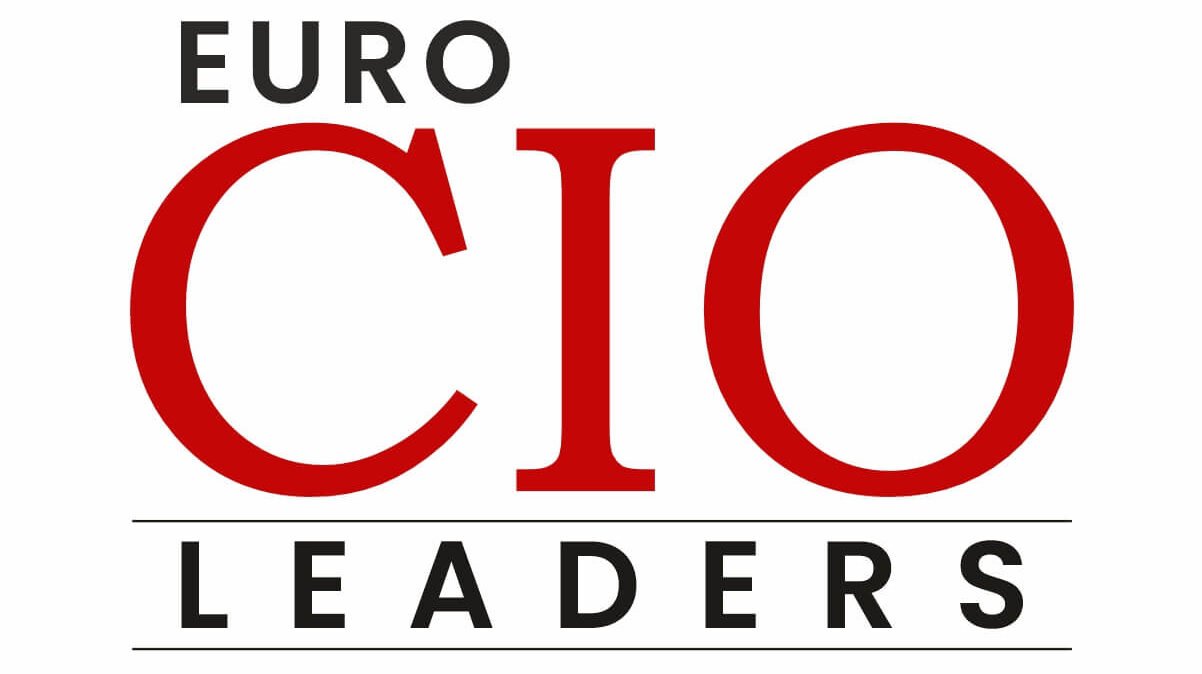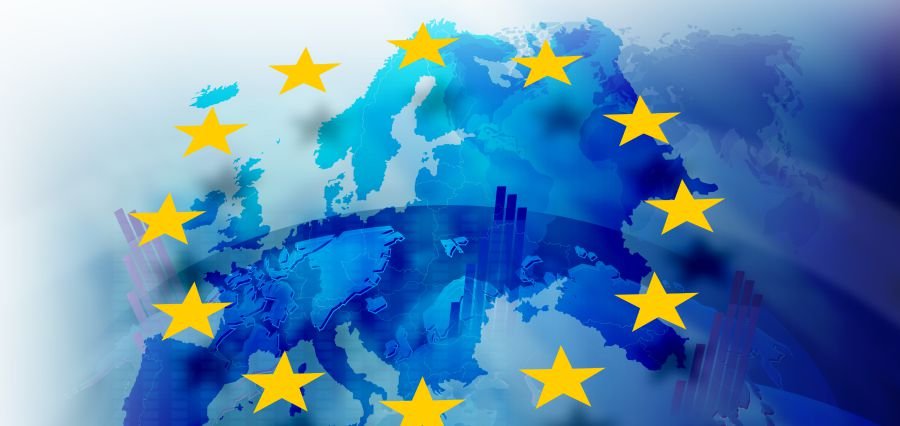Luxury Resurgence
In the contemporary world of luxury goods, European luxury brands are experiencing a notable resurgence, defying market challenges and reaffirming their position as leaders in the global luxury market. Despite facing headwinds such as economic uncertainties, shifting consumer preferences, and geopolitical tensions, European luxury brands have demonstrated remarkable resilience and adaptability, leveraging their rich heritage, craftsmanship, and innovation to thrive in today’s dynamic market environment.
Embracing Tradition with a Modern Twist
European luxury brands have long been synonymous with tradition, craftsmanship, and timeless elegance. However, in today’s fast-paced world, where consumer tastes and preferences are constantly evolving, luxury brands must strike a delicate balance between honoring their heritage and embracing innovation. European luxury houses such as Louis Vuitton, Chanel, and Hermès have successfully navigated this balance, seamlessly blending heritage craftsmanship with contemporary design elements to create products that resonate with today’s discerning consumers.
Louis Vuitton, for instance, continues to uphold its legacy of exquisite craftsmanship and luxury travel with its iconic luggage and leather goods, while also embracing modern trends and collaborations to appeal to younger, fashion-forward clientele. By partnering with contemporary artists and designers and incorporating streetwear influences into its collections, Louis Vuitton has maintained its relevance and allure among a diverse audience of luxury consumers.
Similarly, Chanel, known for its timeless tweed suits and quilted handbags, has adapted to changing consumer preferences by expanding its product offerings to include ready-to-wear collections, cosmetics, and diverse range of accessories. While remaining true to its classic aesthetic and design codes, Chanel has embraced innovation and creativity to stay ahead of the curve in a rapidly evolving luxury market landscape.
Investing in Experiential Luxury
In an era where consumers increasingly prioritize experiences over material possessions, European luxury brands are redefining luxury by offering immersive and exclusive experiences that transcend traditional notions of wealth and status. From luxury hotels and fine dining establishments to cultural events and personalized services, luxury brands are investing in experiential offerings that provide consumers with memorable moments and a sense of belonging to an elite community.
For example, Italian luxury fashion house Gucci has ventured into the realm of experiential luxury with the opening of its Gucci Garden in Florence, a multi-dimensional space that combines a museum, boutique, and restaurant, offering visitors an immersive journey through the brand’s rich heritage and creative universe. By creating a physical destination where consumers can engage with the brand on a deeper level and participate in curated experiences, Gucci has fostered a sense of community and exclusivity that resonates with its discerning clientele.
Similarly, French luxury conglomerate LVMH has expanded its portfolio to include prestigious hotels, resorts, and gastronomic experiences through its Hotel Cheval Blanc and Belmond properties, providing discerning travelers with unparalleled luxury experiences around the world. By curating unique and immersive experiences that embody the essence of luxury and sophistication, LVMH has established itself as a leading player in the experiential luxury market, catering to the desires and aspirations of affluent consumers seeking extraordinary moments of indulgence.
Embracing Sustainability and Ethical Practices
In an age of increasing environmental awareness and social consciousness, European luxury brands are taking proactive steps to embrace sustainability and ethical practices throughout their value chains. Recognizing the importance of environmental stewardship and corporate social responsibility, luxury brands are implementing initiatives to minimize their environmental footprint, support fair labor practices, and contribute positively to the communities in which they operate.
For instance, Swedish luxury fashion house Acne Studios is committed to reducing its environmental impact by using sustainable materials, minimizing waste, and implementing responsible production processes. By prioritizing transparency and accountability in its supply chain and partnering with like-minded suppliers and manufacturers, Acne Studios is leading by example and setting new standards for sustainable luxury fashion.
Similarly, British luxury brand Burberry has launched its “ReBurberry” initiative, which aims to integrate sustainability principles across all aspects of its business, from sourcing raw materials to manufacturing and distribution. By investing in innovative materials and production techniques, Burberry is pioneering sustainable luxury fashion solutions that minimize environmental harm without compromising on quality or craftsmanship.
Adapting to Digital Transformation
Amidst the era of digital transformation, European luxury brands are embracing technology as a means to enhance the customer experience, drive innovation, and expand their reach in global markets. From e-commerce platforms and social media marketing to augmented reality and virtual reality experiences, luxury brands are leveraging digital tools and platforms to engage with consumers in new and innovative ways, blurring the lines between the physical and digital worlds.
For example, French luxury fashion house Dior has embraced digital innovation with its “Dior Talks” podcast series, which provides listeners with insider access to the brand’s creative process, heritage, and iconic designs. By leveraging the power of storytelling and multimedia content, Dior has created a unique and immersive digital experience that deepens the connection between the brand and its global audience.
Similarly, Italian luxury automobile manufacturer Ferrari has launched virtual showroom experiences and online configurators that allow customers to personalize and visualize their dream cars from the comfort of their homes. By harnessing the capabilities of virtual reality and interactive technology, Ferrari is providing consumers with a seamless and immersive digital shopping experience that complements the luxury and exclusivity of its iconic brand.
Conclusion
European luxury brands are experiencing a notable resurgence in today’s changing market landscape, driven by their ability to adapt to evolving consumer preferences, embrace innovation, and uphold timeless values of craftsmanship, heritage, and exclusivity. By blending tradition with modernity, investing in experiential luxury, embracing sustainability and ethical practices, and leveraging digital transformation, European luxury brands are redefining luxury for the 21st century and cementing their position as icons of elegance, sophistication, and aspiration. As they continue to innovate and evolve, European luxury brands are poised to thrive in an increasingly competitive and dynamic global marketplace, shaping the future of luxury for generations to come.


